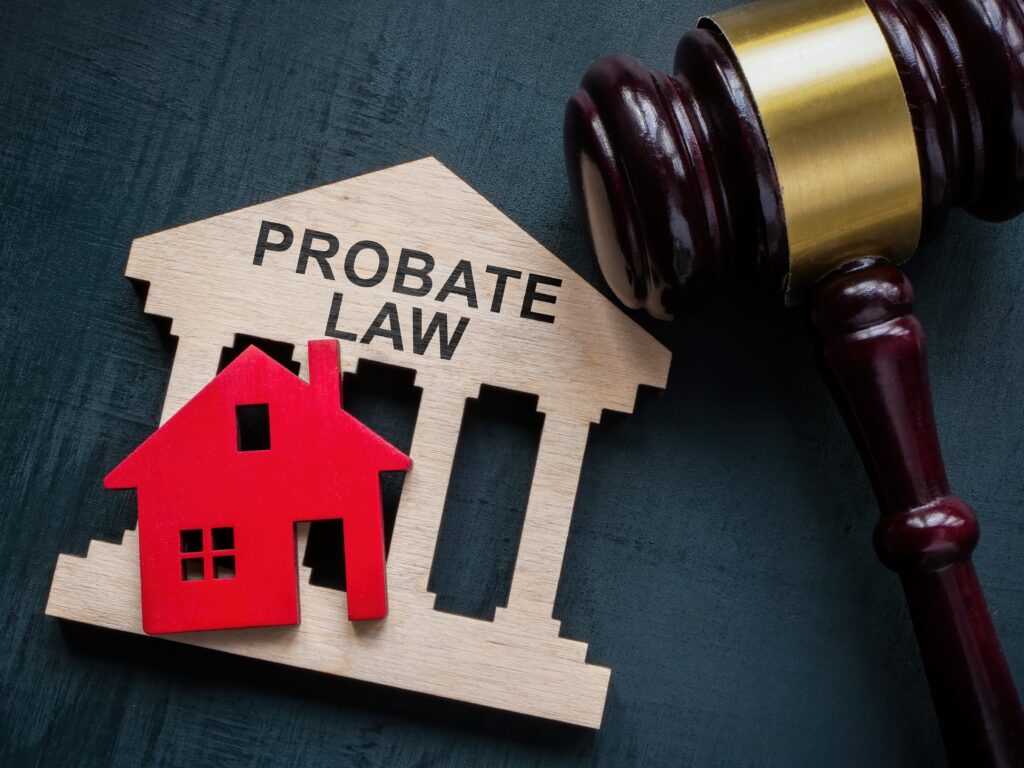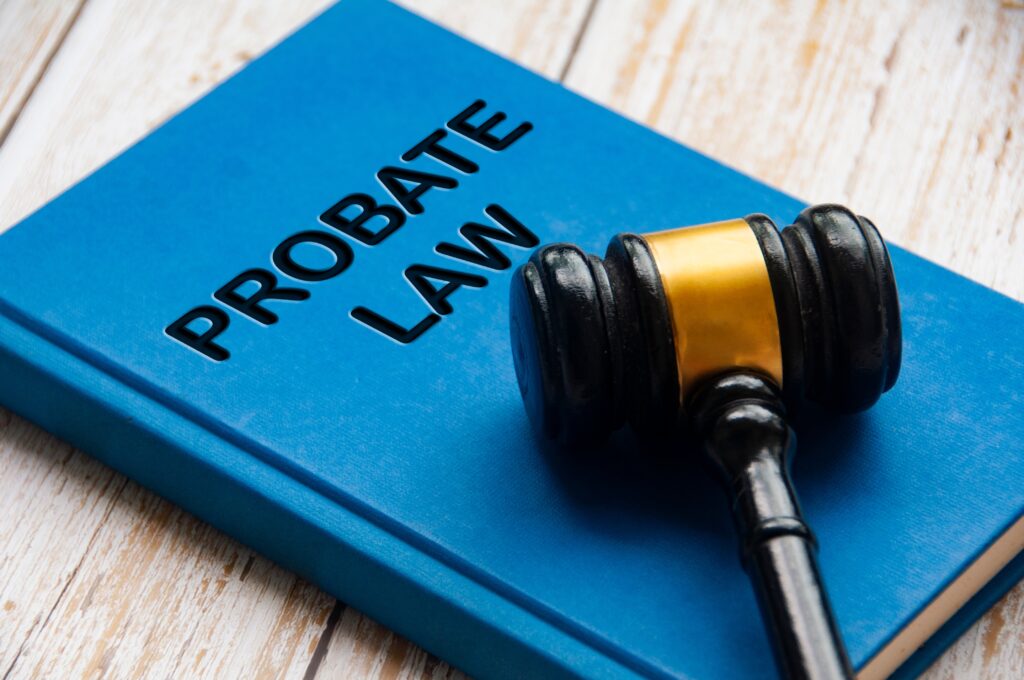



Estate planning is crucial to securing the future and protecting the assets of your loved ones In recent times the proliferation of 8220 do it yourself 8221 DIY will kits and online services have offered seemingly convenient and cost effective ways to create a will However while these DIY options appear accessible they often harbor significant risks and limitations that hellip





